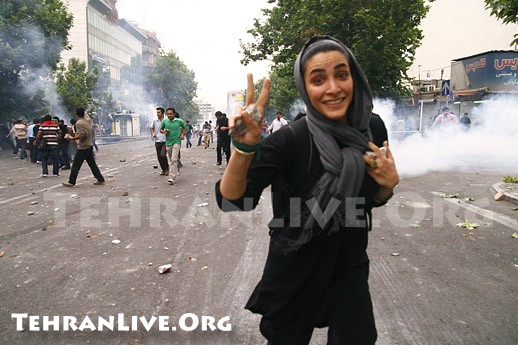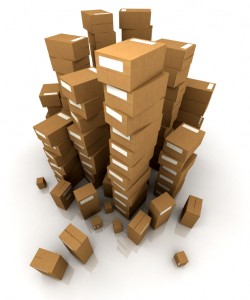 Political topics are not my focus, however, I recently read with great interest a op-ed piece, Winds of Change? by The New York Times Op-Ed Columnist THOMAS L. FRIEDMAN that drew me in and so I’m sharing it with my blog readers for better or worse. He wrote on June 13th, 2009 that “something is going on in the Middle East today that is very new.” And …”four historical forces have come together to crack open this ossified region.”
Political topics are not my focus, however, I recently read with great interest a op-ed piece, Winds of Change? by The New York Times Op-Ed Columnist THOMAS L. FRIEDMAN that drew me in and so I’m sharing it with my blog readers for better or worse. He wrote on June 13th, 2009 that “something is going on in the Middle East today that is very new.” And …”four historical forces have come together to crack open this ossified region.”
Mr. Friedman lists as the first force: the diffusion of technology.
The Internet, blogs, YouTube and text messaging via cell phones, particularly among the young — 70 percent of Iranians are under 30 — is giving Middle Easterners cheap tools to communicate horizontally, to mobilize politically and to criticize their leaders acerbically, outside of state control. It is also enabling them to monitor vote-rigging by posting observers with cell phone cameras.
I knew something had changed when I sat down for coffee on Hamra Street in Beirut last week with my 80-year-old friend and mentor, Kemal Salibi, one of Lebanon’s greatest historians, and he told me about his Facebook group!
The evening of Lebanon’s election, I went to the Beirut home of Saad Hariri, the leader of the March 14 coalition, to interview him. In a big living room, he had a gigantic wall-size television broadcasting the results. And alongside the main TV were 16 smaller flat-screen TVs with electronic maps of Lebanon. Hariri’s own election experts were working on laptops and breaking down every vote from every religious community, village by village, and projecting them on the screens.
Wow. That’s powerful.
 Daily photos, like these, posted on WordPress blog Tehran 24 show life in Tehran up close. These are not your ordinary media photos. They tell a story that only the independent photo journalist can tell. And the Internet is making it possible.
Daily photos, like these, posted on WordPress blog Tehran 24 show life in Tehran up close. These are not your ordinary media photos. They tell a story that only the independent photo journalist can tell. And the Internet is making it possible.
In addition to what is happening in the Middle East, here are a few more examples that I know of where technology and the Internet are changing our world. (of course there are dozens more….)
It’s a small world after all.
I was told by a friend of mine after he returned from a writing assignment in a rural village in India that the country has invested in wireless towers everywhere; even poor cotton farmers were carrying cell phones. I imagine this technology is improving their quality of life by giving them access to services that would not otherwise reach them. Mobile cell technology is one step from Internet access.
The Internet is enabling free speech for those who have none, and despite extreme consequences, bloggers continue to publish. As of April 2009, there were 21 online journalists in jail in Cuba. Independent journalists in Cuba (or dissidents as they are often referred to by the government) using the Internet to disseminate their communications are apparently scaring the hell out of the dictatorship.
I think back to how the first televised presidential debate changed forever the way Americans view and elect our presidents. More recently, the Obama campaign used social media to push its message. Although it was more of a substitute for a direct mail campaign (with some exceptions), I believe politicians can no longer run a campaign without it, at least not until the next thing comes along. Hopefully the next presidential election will use social media for more dialogue and debate, rather than just a medium to push a message.
The expansion of online social tools here in America and around the world is facilitating the renewal and extension of friendships on Facebook, establishing boundary less business relationships on Linkedin, and getting first on the scene news from Twitterers. That’s the good news.
The bad news is that that the Internet is also enabling criminal activity and other dubious enterprises, but over all, I look forward to hearing more stories of how technology and the Internet is empowering and connecting our world for good.




